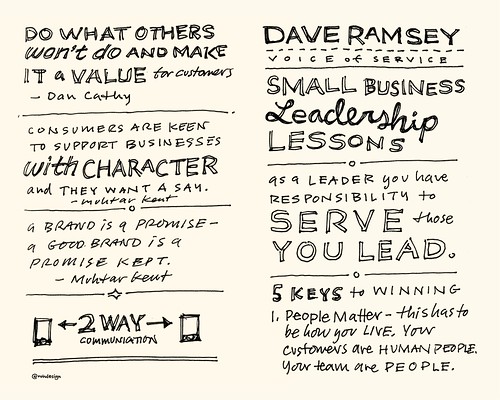 |
| What is it about this intersection? |
It happened again, at the
exact same intersection, though it was different cyclist this time. This guy had already cut me off as he wobbled off the sidewalk at the transit stop a few blocks back, but I've been practicing my
acceptance of other people on the road and I let it go. He may have honestly not seen me coming, and we were both safely riding on our way. No harm, no foul, right?
So we roll along, and eventually come to a stop sign. Neither of us put our foot down as we got to the sign, but only one of us was any good at track-standing and therefore actually stopped for the car oncoming from the left. I'll let you guess who that was.
Well, as Wobbly McWobblerson slowly rolled and swayed through the stop sign, he noticed that the oncoming driver had a turn signal on and was going to to turn left, into the same street we were headed for. So Wobbly just kept on rolling, expecting, I guess, to cross as soon as the car turned and to fit right in within an inch of that car's bumper.
It didn't work that way, of course. It never does. We bikers tend to forget what it's like to drive around bikes, but the reality is that, as a driver, when you see a bike rolling out almost directly in your path you slow way the hell down and make sure you're not going to hit them. It makes sense. People in cars are used to people on bikes cutting them off around here.
I'm trying really hard to be peaceful about my travels, so at this point I'm focusing on remembering that we're all people just trying to get where we're going, and that no amount of stressing over what other people do is going to get me anywhere faster.
And then Mr. McWobblerson starts yelling.
"Come on! Move! Move!
Ok, so she's going slow. Of course she is. The look on this driver's face says this guy is scaring the sh*t out of her. Not her fault, really.
And then:
"F@*K YOU! F@*K YOU! F@*K YOU!"
Oh boy. Here we go again.
No matter what kind of peacefulness and acceptance of others' behavior I'm trying to cultivate in myself, I cannot accept this kind of hatefulness from this guy--especially when it's his own assumptions and expectations that are at fault!
When the car has pulled into the parking spot and out of the travel lane, Wobbly and I ride on. As I pass him, I decide that a polite observation might be called for. So, as tactfully and casually as I can, I say,
"Maybe she was going slow because you were about to cut her off."
"No man, I don't think so."
Oh well, it was worth a shot. And then, at the next stop light, he turns to me.
"You don't know me."
"You're right," I say, " I don't, but I do know that--"
"YOU DON'T KNOW ME! You've got no right to tell me how to ride!"
"--When you're at a stop sign, it's--"
"Don't talk to me. Don't talk to me!"
"--legally your responsibility to wait until the way is clear."
"Don't talk to me!"
OK, right. Now, I'm not one to push when someone yells "Don't talk to me,"-- at least after the third repetition. He's obviously not ready to hear anything. So I move on, and we both ride our separate ways.
I've been trying hard to see the situation from his point of view. Obviously he was in some sort of rush. Aren't we all, these days, whenever we're riding or driving somewhere? And I get that he felt judged by my statement, that he feels that unless you know someone and understand their circumstances, it's not your place to yell at them and tell them how to ride... or drive...
Oh, right. Exactly.






